These days there is a great deal of strife in the world. Good luck having a civil discourse if you disagree with a loved one about politics or social issues. I noticed the chill of this pain especially within older and younger generations in my own family as they would preach at one another. It’s rare that anyone on opposite sides of an issue or political viewpoint are able to actively listen to each other, especially when they come from a different generation. “If you don’t agree with me, you are an idiot” - and more intensely, “you are dismissing me as a human”. Does it have to be this way? Can we have intensely different viewpoints and make any progress when it comes to loving and appreciating one another? Whatever we have been trying, it does not seem to be moving the needle.
I discovered a new way of understanding when it comes to engaging in conversation between older and younger generations. In my Tedx Wilson Park talk, I am excited to share with you my discoveries. I had a friend make a flippant comment that she just can’t wait until that generation just dies off because they are simply not open to progress. “Ok, Boomer!” Older generations are guilty too, of not recognizing the full merit of younger generations. “Respect your elders!” I can’t accept this brutal dismissal and found myself working for a way to bridge this generational gap. I am ready for us to get over the clichés and embrace rich nuance between generations. I have 4 ways to encourage you to have a conversation with a loved one who is from a different generation.
Schedule a time with a loved one to eat a meal together and casually ask questions about their childhood. Ask if they played sports. What was their favorite subject in school? Do they remember a favorite teacher? What was their first job? Do they remember getting in trouble?
It can be easier to start asking questions if you have a few prepared but do not be afraid to ask whatever comes to your mind. As you receive the answers do you notice any similarities or differences in your own childhood? Bring them up and compare and contrast. See where the conversation leads you.
2. Learn about different technology options that could record the conversations you have. We live in a time where we have so many options. Here are a few I have found to be useful, easy and effective:
Marco Polo – a video recording app that works when you have a moment to talk, even if your schedules don’t match. You do not need to be live.
Otter – an audio recording app intended for meetings, interviews and can easily pick up the difference between voices. You get the audio and it transcribes the audio.
Voice Memos – available on the iPhone, an easy, push-a-button app to record audio.
3. Invite other family members or friends to write down or record their memories and share them with each other.
Something exciting and fun can happen when everyone gets involved in the pursuit of capturing memories and history. Family or friends can get to know each other in new ways.
4. Lead with open ended questions. Questions have more room to develop if you are not asking for a yes or no response. “Tell me about your dating years?” will get more interesting results than “Did you date?”
If you find the particular question you asked draws a blank for your loved one do not worry! Use humor, change the subject, and ask around the question.
Imagine the above dating questions get no results. You could try, “Well, I know you must have dated Grandma, do you remember anything about when you first met?....What did you notice first about her?....”
Asking questions and gathering responses about another’s life promotes active listening, garnishes empathy and creates unique germination for understanding. In sociology, everything we believe is filtered through our plausibility structures. This belief forming thing acts as a decider of what evidence matches what we already think is possible. Our beliefs accumulate and don’t tell us if they are true but we decide if they are plausible to accept. These eventually form our worldview, which strains our beliefs we won’t consider to be possibly true. Asking questions with the intent to truly hear from someone of a different generation can open up new compassion for other people’s beliefs.
Jump right in! Put aside fear. Know that you are uniquely qualified to ask these questions. It might feel unnatural at first, but the more you ask questions, the more fun you will have. You will begin to find new ideas to ask about. You are about to embark on a journey of fun, love and spontaneity.
In my talk for TEDx Wilson Park 2021, I will be exploring how younger and older generations can connect on life-changing levels through asking questions. In this time and space with technology options at our disposable, it is more important than ever to take advantage of creative ways of connecting before it is too late. I live an abundant, busy life with a musician/photographer husband, 5 talented and creative children, a full-time career as a learning and development professional, a myriad of creative passions including writing memoir, theatre performance, speaking and sharing workshops, and promoting intergenerational listening and have found intergenerational connection to be by far the most important key to joy in my life. I will be there with you on September 10, 2021 to share what I have found and to inspire you with the tools you need to seize this long-lasting joy that comes from intergenerational relationships. Head to my website at https://shannonmilliman.com/ for more info on speaking, workshops, my social media platforms or my podcast. Also feel free to reach out at shannon@shannonmilliman.com.
Our relationships are what matters most.

